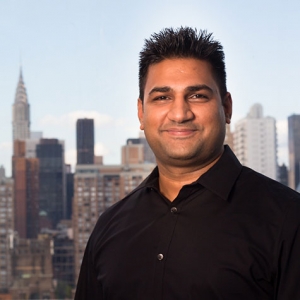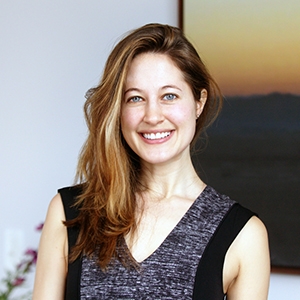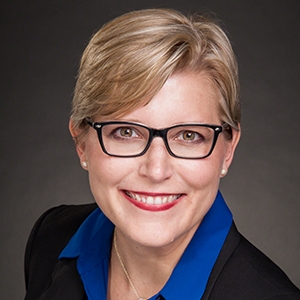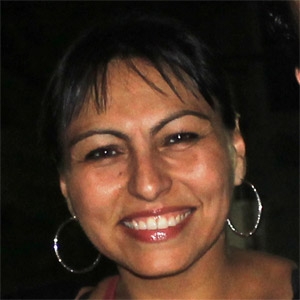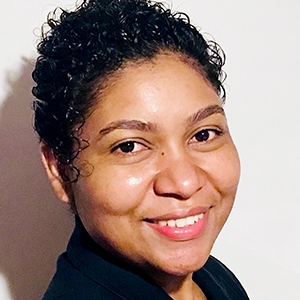-
Written by Khurram Hussain - PhD Candidate - USA
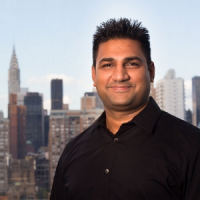
- DBA Student Blog
I think one of the most unique aspects of ISM is the flexibility of the programs, particularly for their fully employed students. I run a full-time real estate business in the United States, and, despite this, I am able to finish my coursework.
-
Written by Keira Rakoff - IMBA Student - USA
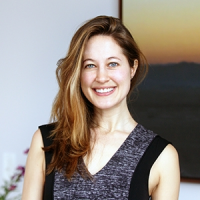
- IMBA Student Blog
One of the most common things I was told when I mentioned that I would be starting an MBA program to friends and family was, "You are going to do a lot of group projects." That sentence was interesting for me because I couldn't tell if they meant it positively or negatively!
-
Written by Courtney Rottman - DBA Candidate - USA
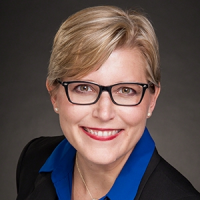
- DBA Student Blog
I am not a morning person, but I recently eagerly woke up at 3:45 a.m. to attend a class discussion with my DBA and PhD classmates. Under the direction of Dr. César Baena, I recently completed the Dynamic Strategic Management course which explores the challenges and analyses required for businesses to remain competitive and responsive in their ever-changing environments.
As part of our coursework, my classmates and I were able to come together as a group to ask questions and discuss the course materials and our research. Although unusual for an online course, attending an early morning wake-up call was a welcome interaction to spend time with my classmates in time zones across the globe due to the rich and diverse perspectives they bring to the course materials.
-
Written by Keira Rakoff - IMBA Student - USA

- IMBA Student Blog
Ever since Christmas break ended, it seems like school has cranked up in intensity. It seems if you aren’t writing a pre-assignment, then you must be starting research for a 10-15-page paper. This is, of course, in addition to being in class, having a part-time job (as many students do), figuring out times to apply for jobs, and finding some time for friends and a social life! It can start to feel a little overwhelming.
-
Written by Marcela Madero Madero - IMBA Student - Chile
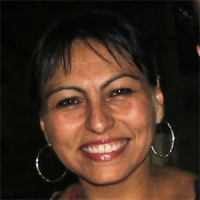
- IMBA Student Blog
Slaw (hello) from Kurdistan! My last post mentioned how my application to move to Iraq had been successful. So here I am in Erbil, in the Iraqi Kurdistan region, where I've been since January 26.
-
Written by Khurram Hussain - PhD Candidate - USA

- PhD Student Blog
Entrepreneurship is part and parcel of any business education, no matter which business school you go to and what concentration you choose to achieve your future goals. This passion and quest for exploring various entrepreneurial horizons are also part of ISM's ethos.
-
Written by Courtney Rottman - DBA Candidate - USA

- DBA Student Blog
You know how they say art imitates life? Well, the timeliness of ISM’s academic course offerings certainly imitates work. More often than not, I find myself consuming knowledge from the rich course discussion and materials then find myself applying and practicing those lessons at work the very next day. Although my professional career has almost reached the twenty-year mark, I find that the contemporary and classical course offerings both reinforce my knowledge and prepare me to tackle the challenges that our team and organization face on a daily basis.
-
Written by Rebekah Placide - PhD Candidate - USA
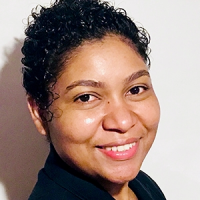
- PhD Student Blog
I began teaching undergraduate students in the fall of 2015 with the intention of pursuing my PhD in a few years. My teaching responsibilities increased over time and it became clear that I needed to pursue my PhD sooner rather than later.
In 2017, I began my search for a program that would fit several of my criteria. I wanted a flexible and affordable program that would allow me to continue teaching. I wanted a combination of in-person and online courses. More importantly, I wanted to study International Business with a mix of finance and/or economics.
-
Written by Keira Rakoff - IMBA Student - USA

- IMBA Student Blog
When I decided the make the transition from Mental Health to business school, I knew many of the classes would be challenging. I had looked over the required classes for the IMBA and saw that some of them were subjects I had never learned in my entire life. But there was one subject that scared me above all other ones, and that was Finance. While it may seem like a simple subject for those with a finance background, I knew that my skills were extremely limited when it came to math.
-
Written by Khurram Hussain - PhD Candidate - USA

- PhD Student Blog
I had a wonderful time last year at ISM. I finished my coursework in the first quarter of 2017 and started working on my dissertation proposal. Overall, working on my proposal has been an exciting academic venture.
